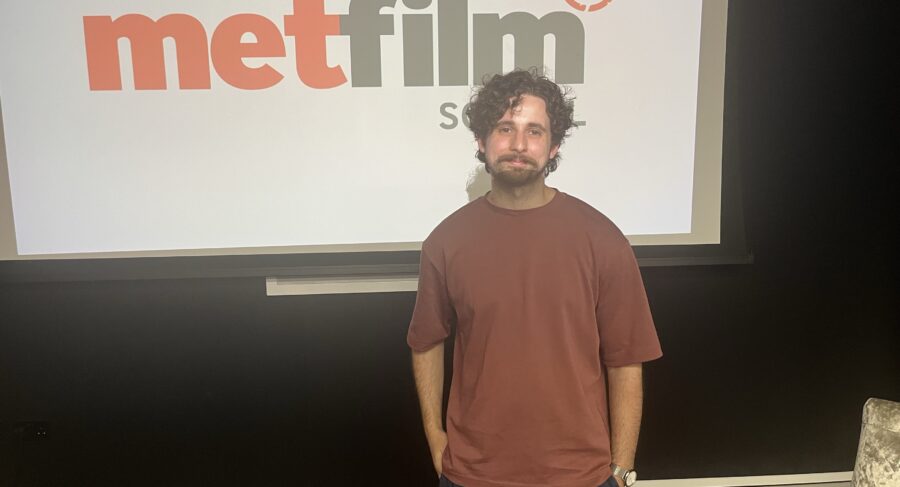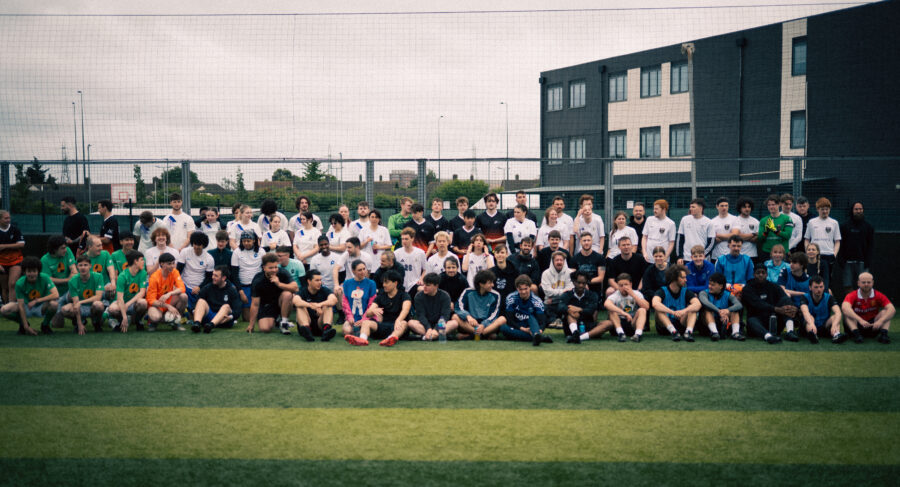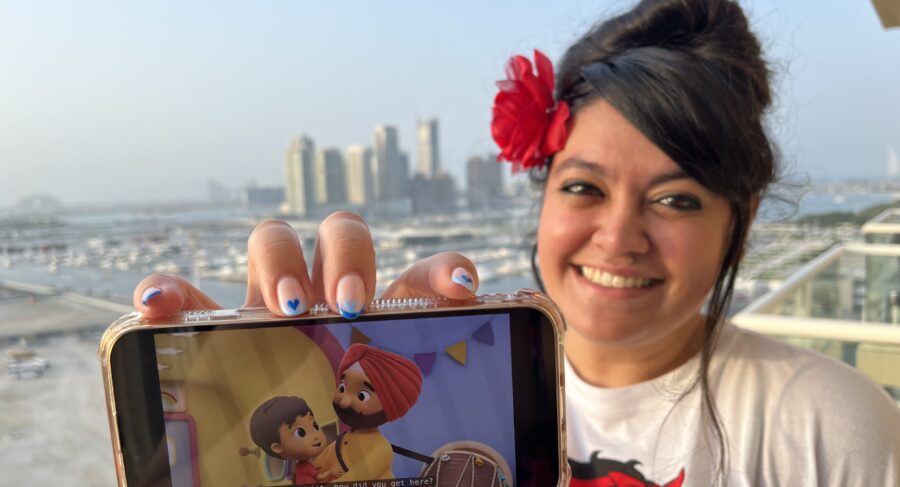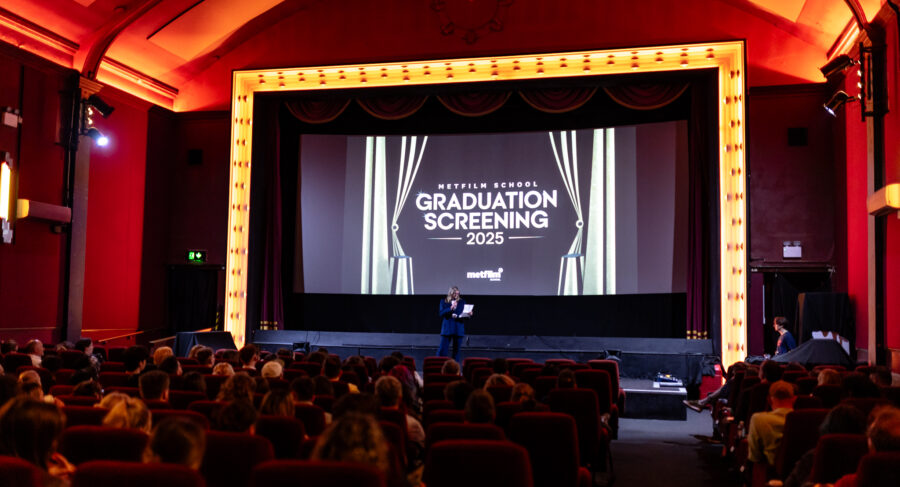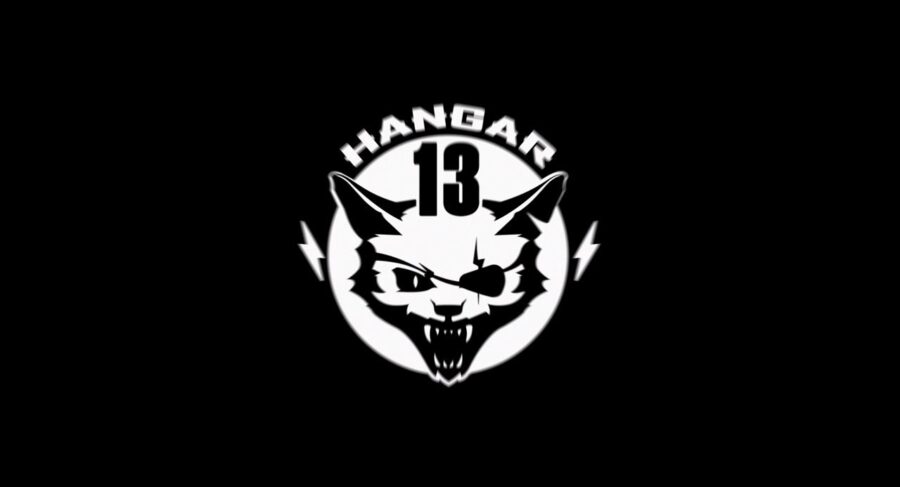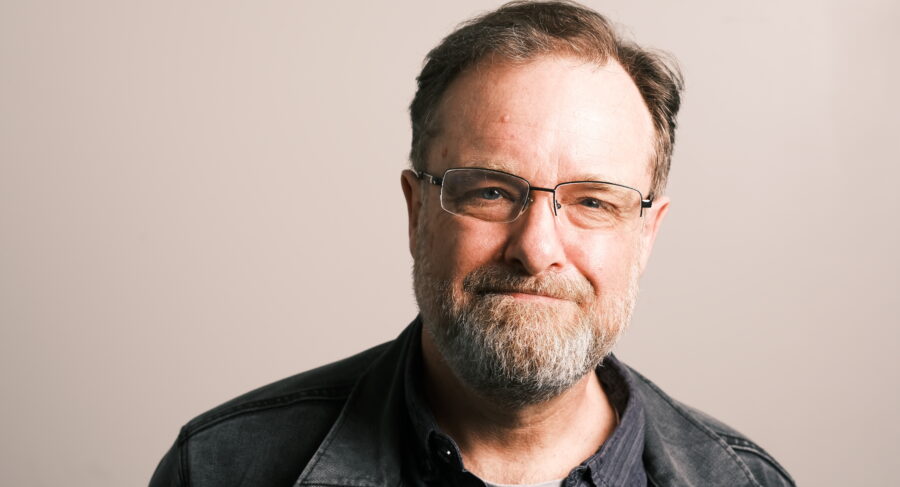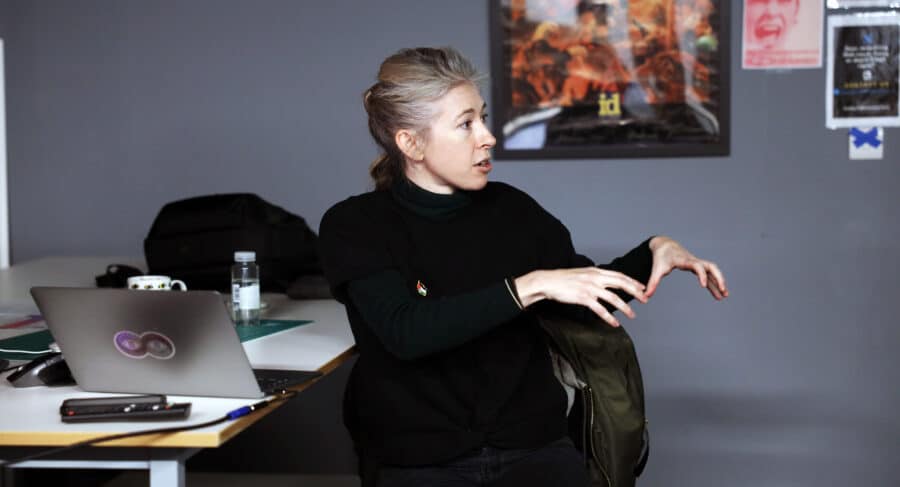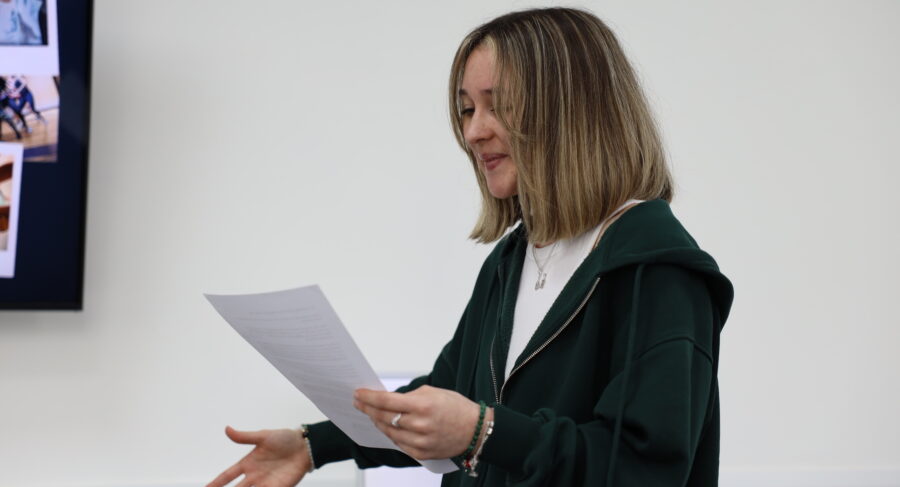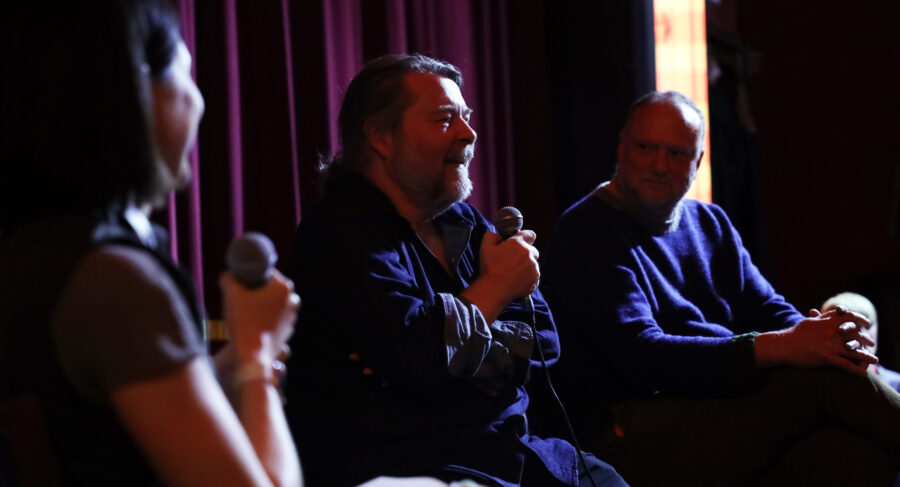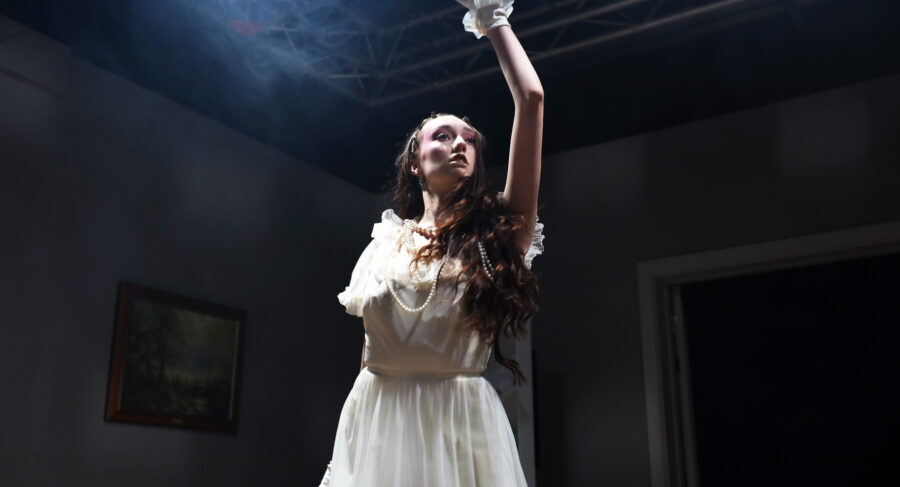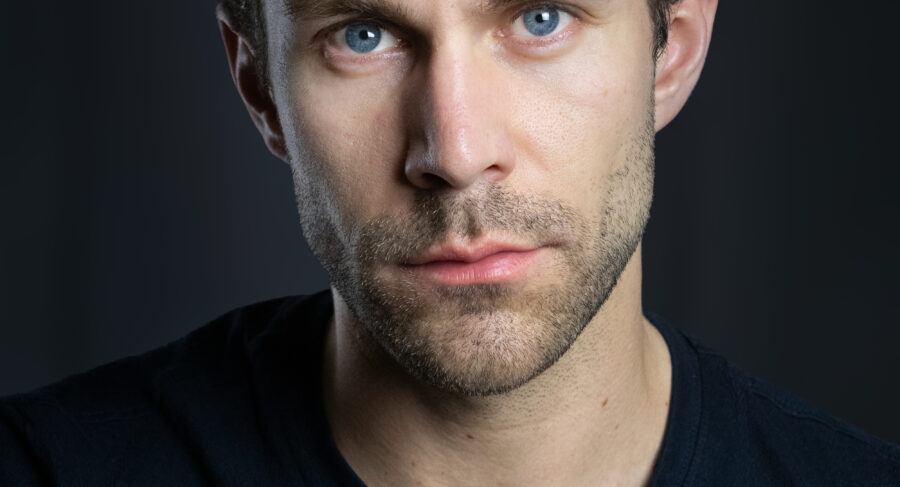MetFilm School alumni podcast ‘Scoop McDoolie’ shortlisted for Imison Award 2021
By Danny Kelly
17 March 2021
MetFilm School MA Screenwriting graduates Isaac Fisher, Naala Vanslembrouck and Dan Henderson have had their creativity in lockdown acknowledged by The Society of Authors, who have shortlisted comedy podcast Scoop McDoolie for their Imison Award 2021. Due to be presented on Fri 26 March as part of the 10th BBC Audio Drama Awards, the £3000 Award celebrates the best in new writing for the medium of audio drama.
Scoop McDoolie is about the aspirant, but hopeless son of an ex-reporter who must go on a quest to find his mother’s killer, (the same quest that his father couldn’t complete) and bring the killer to justice. Conceived and recorded in 2020, the ten-episode podcast is described by judges as a “witty script, with bags of energy, that was well written for the medium of sound.” The full series is available for listening now on Apple Podcasts, Spotify and Soundcloud.
Speaking about the nomination, Issac said, “ In truth it still hasn’t quite sunk in yet. The main thing is that this award, and its prestige, has really helped open doors. And, being invited to the BBC Audio Drama Awards this month is a fantastic opportunity for us.
“Being shortlisted for this award has taught me the value of being ambitious and I’d like young and not very well-off writers, like myself to know there are free to enter, accessible opportunities out there if you take the time to look in the right places”
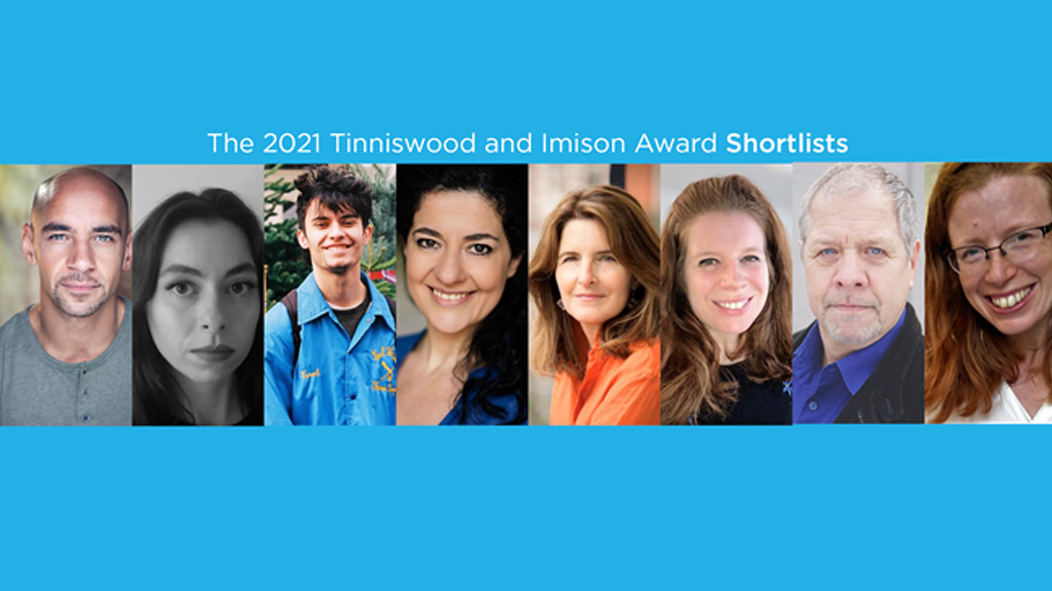
Ahead of the virtual Awards later this month, we caught up with Issac, Naala and Dan to discuss how Scoop McDoolie was created and what makes writing for a podcast different to other mediums…
What came first: the concept or the motivation to make a podcast?
Naala: It was a concept that we’d first worked out as a web series, but we had a class on writing for audio and, due to the necessity of the situation last summer, we considered developing it as a podcast instead.
Dan: Kudos to tutor David Lemon who was a great help and introduced us to the podcast A Very Fatal Murder which was a key point of reference as we went along.
Isaac: We’re all pretty open to exploring new mediums and trying new things. None of us had any experience of podcasting, but that was part of the challenge, I suppose.
After settling on the idea, what was the starting point to get things moving?
Naala: We started with a character and a reveal we really loved and realised we needed to find a way of getting there. In that sense, writing a pilot was probably the biggest step.
Isaac: We knew where we were going from the start, but we tried to take each episode as it came. It was pretty fluid though. Things changed as we went along and we always left room for new and exciting ideas to develop, be it through improv or a sudden idea we had.
Dan: A big help in that sense was all the work we’d done on structure in classes throughout the year. We had a shared understanding of what narrative points we’d have to hit and that framework was in place from the very start.
There are lots of fun noir genre tropes included in Scoop McDoolie – how did you go about brainstorming and testing ideas?
Isaac: I’m not really the biggest noir fan, to be honest. Usually you hear that these sorts of satires come from a place of love and adoration, but for us, I think it probably came from a place of trying to understand the genre and what makes it tick. In doing so, I guess we had to be willing to deconstruct it as playfully as possible.
Naala: I think it was a response to a lot of the trends we were seeing commonly in the ideas getting made and pitched and how to mobilise those expectations against an audience to the greatest effect.
Dan: Personally, I’m a big fan of Japanese noirs such as Stray Dog, A Colt Is My Passport and Branded to Kill. I think the best neo-noir films mash genres together well, and I felt like this was a good opportunity to play with tropes and flip them on their head, but using ridiculous comedy instead.
How did you go about sourcing sounds and recording dialogue?
Naala: All we had to record audio was our phones, so making that work was the biggest obstacle. We soon figured that the best way to do this was under our duvets, but that wasn’t without its own challenges.
Isaac: It got hot under that duvet…
Dan: Yes, it did. Our flatmate moved out due to COVID, so we were at least lucky to have a consistent spare room to record in for a while.
Naala: And then we leant on a couple of great resources we found, for royalty-free music and SFX, as well as doing a lot of our own foley. We just about managed to find and create sounds for everything, which was good news because this had been baked in from the earliest stages of development.
How would you say writing for a podcast is unique compared to other mediums?
Naala: Very different. It’s not visual for starters, which means you have to work that little bit more to get the narrative across sometimes. I don’t know if that translates to it being harder or simpler per se… it’s just different.
Dan: Often what the listener can’t see works well as a gag in this kind of show where we’re pastiching genre expectations.
Isaac: Which worked in our favour, because if we struggled to show something through sound, we often found a way to turn it into a joke.
What do you think the appeal is of fiction storytelling podcasts?
Naala: I enjoy the medium as the listener plays an active part in inventing the world for themselves. In that way, it’s way more immersive and every listener has a different, unique experience.
Dan: You can work with barely anything and still make something that’s accessible and still sounds good. You can write the most bombastic story, and really your imagination is only the limit, unlike film, which is very liberating as a writer.
Isaac: I think it’s a great step for early writers as it’s a slightly smaller but accessible community that we’ve found to be very welcoming. Hopefully we can spend more time working in that space in the future.
What learnings will you be taking forward from Scoop McDoolie?
Dan: Writing can be fun! It helped me to relax and realise we don’t have to take everything so seriously as writers, especially given the time we were making it. It actually helped me to write a comedy feature for my MA project. Normally I’m more of a horror writer, but this allowed me to find that lighter headspace.
Isaac: You never know what people will like. Of all the stuff I’ve done this year, I can honestly say that I didn’t expect this one to go the furthest, but I suppose that just shows you never know!
Want to build a varied portfolio to stand out in the industry? Find out more about our MA Screenwriting, which is also launching in our Berlin campus this year.


